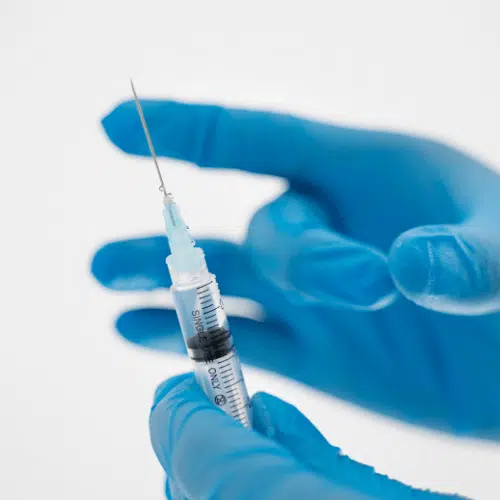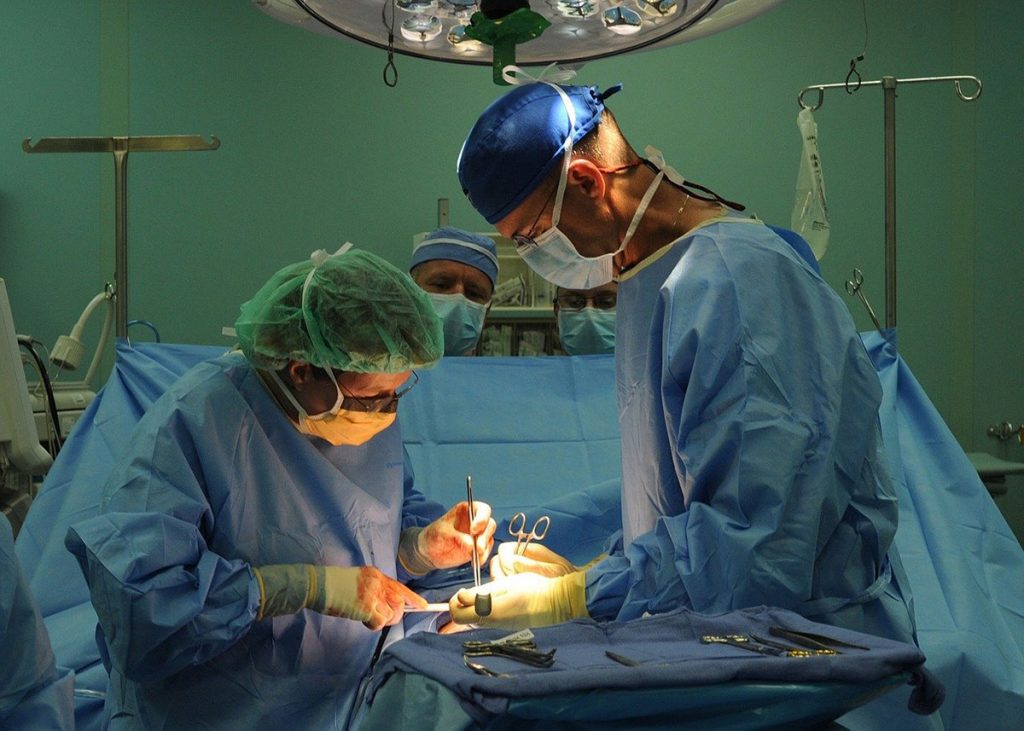Get This Report about Axis Spine And Orthopedics
An orthopedic specialist is a doctor who specializes in treating troubles of the bones, joints, and connective tissues, and guaranteeing you maintain a healthy musculoskeletal system., we have very qualified orthopedic specialists that are capable of dealing with individuals of all ages. I got included in research study during my very first year of medical institution, and I started making connections with orthopedic cosmetic surgeons early on.
Talk about the post-operative care strategy with your specialist. Set up for transportation to and from the healthcare facility on the day of surgical procedure.
The 8-Second Trick For Axis Spine And Orthopedics

You won't be able to drive instantly after the procedure. Technique leisure strategies, such as reflection or deep breathing workouts, to help manage stress and anxiety. Shower with an anti-bacterial soap the evening before and the early morning of the surgical procedure to reduce the risk of infection. Your medical professional will certainly offer plenty of info concerning post-operative care, consisting of how to stay tidy and keep the surgical location clean. This can be helpful to do days prior to the surgery to guarantee you do not fail to remember anything. Complying with these tips can prepare you physically and emotionally for your orthopedic surgical procedure. Remember to keep a positive expectation and count on your medical team's knowledge, adding to a smoother healing procedure. Your energetic participation in the prep work process will empower you to organize your wellness and enhance your general medical experience. Reviewing a little bit about the surgical treatment or trying to watch a video of it is the very best prep. By doing this you have an idea of what took place, what is occurring, and what will certainly happen.

Or else, you'll simply obtain puzzled. Think of the huge picture. No one anticipates you to know anything, so don't try to memorize a number of arbitrary realities. Whether you're pursuing your children, dealing with hiking routes, or displaying your finest dance moves, maintaining your musculoskeletal system in wonderful form is necessary. Otherwise, joint pain can really screw up your life.
Usual conditions treated by orthopedic specialists are: Fractures and Bone Injury: Broken bones and various other injuries from crashes or influences. Bone Cancer Cells: Tumors in the bones. Orthopedic Trauma: Serious injuries impacting bones, joints, or soft cells.
Strains and Stress: Injuries to ligaments and muscle mass. Tendinitis: Swelling of the tendons. Orthopedic specialists perform a variety of procedures to help individuals with bone and joint concerns. Usual instances are knee and hip substitutes. Joint Repair: Restoring a damaged joint to restore its feature. Bone Grafting: Taking bone from one component of the body and transplanting it to an additional area to fix and reconstruct damaged bones. Reconnecting Nerves: Fixing broken nerves to bring back motion and feeling. Spinal Disk Substitute: Replacing a damaged back disk with a fabricated one to soothe discomfort and restore feature. You'll require to take and pass the Medical College Admission Examination( MCAT). This standard test examines your understanding and skills needed for success in clinical institution. Medical college is an extreme

Everything about Axis Spine And Orthopedics
Next off, they complete an orthopedic residency. It's typically 5 years and offers hands-on knowing in a clinical setting. Limited movement due to pain. Rigidity. Appointments usually include: Reviewing your signs and symptoms, medical background and lifestyle. A physical examination, including moving the impacted joint in particular methods. Imaging researches, such as an X-ray. Explanation of your medical diagnosis.
Treatment recommendations. Some problems require added imaging, like a CT check or MRI for even more in-depth sights of the uncomfortable location. Your orthopedist will certainly recommend therapies to minimize signs up until you receive a medical diagnosis. Orthopedic doctors specialize in nonsurgical and surgical strategies. For sure kinds of orthopedic injury or genetic conditions, surgical procedure is usually the first line of treatment. For the majority of various other conditions, orthopedists try nonsurgical therapiesinitially. It might take more than one sort of treatment to attain lasting relief. Selecting the right is vital for successful medical end results and boosted patient recovery. With a wide variety of alternatives readily available on the market, it can be overwhelming for both doctors and patients to make an informed decision. The top 5 factors to consider when selecting an orthopedic dental implant are surgical compatibility, cost-effectiveness, considerations for modification surgical treatment, patient-specific variables, and the layout and technology of the dental implant. They are available in numerous forms, sizes, and products, each offering a particular objective based on the patient's needs. Understanding the basics of orthopedic implants is essential before diving right into the decision-making process. One of the leading considerations when picking an orthopedic dental implant is its compatibility with the medical procedure. Different implants are developed for various medical methods and techniques. The orthopedic implant ought to be specifically designed to fit the person's composition and guarantee stability during the recovery procedure. Surgical compatibility involves variables such as dental implant dimension, shape, and product. The success of orthopedic procedures counts greatly on the appropriate selection and positioning of implants that are compatible with the patient's makeup and case history. By focusing on individual safety and health, orthopedic doctors can accomplish successful results and provide the best of like their clients. Doctors need to carefully take into consideration the biomechanical residential or commercial properties of the dental implant and exactly how it will certainly integrate with the individual's bone framework. This will add to better surgical outcomes, decreased difficulties, and much shorter recuperation time. When picking implants for an individual, it is vital to take into consideration a variety of patient-specific aspects that can affect the success and outcome of the treatment. These elements include the person's age, bone top quality and amount, dental health condition, clinical history, way of living practices, and aesthetic choices. For older people with endangered bone density, shorter implants or grafting procedures might be valuable to provide the needed security and assistance. 3. Is the dimension of the orthopedic implant a vital factor to consider? How does it impact the surgery and the client's recuperation? Yes, the dimension of the dental implant is crucial as it must match the person's framework for proper fit and functionality. 4. Can the patient's age and lifestyle contribute in choosing the most suitable orthopedic dental implant? Definitely. How does the expense of an orthopedic dental implant aspect right into the decision-making procedure, and are there means to stabilize top quality with price? The price of the dental implant is an important consideration, but it ought to not be the sole determining factor. Stabilizing quality with cost involves weighing various dental implant alternatives 'long-lasting advantages and prospective issues.
Comments on “6 Simple Techniques For Axis Spine And Orthopedics”